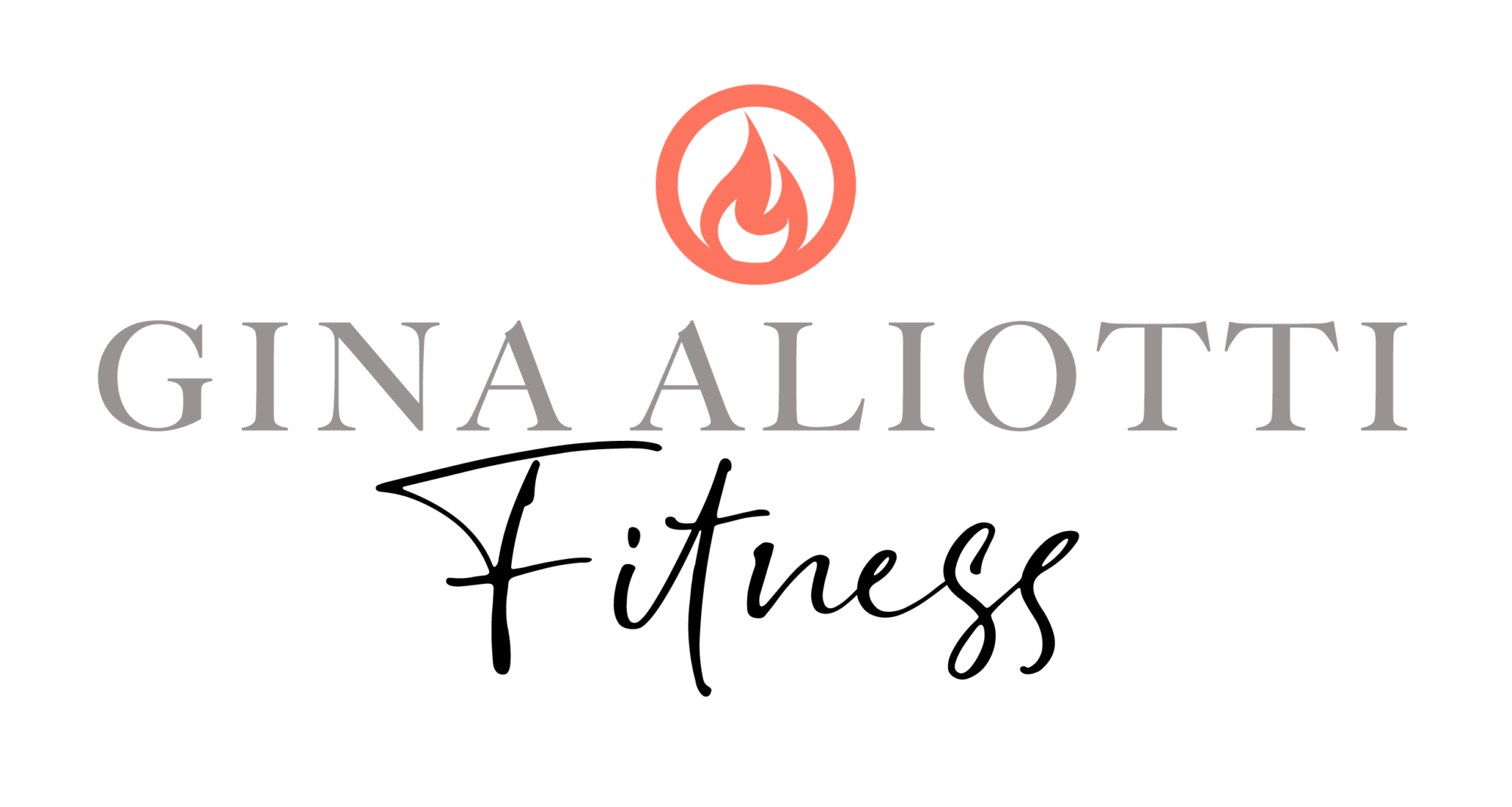Eating to get lean is not as difficult or confusing as we have been lead to believe. The problem is the quick fix mentality and distorted reality supplement companies and diet programs try to sell us. The best method of nutrition to achieve a lean and healthy body is one that consists of mainly whole foods and is balanced with all the necessary macronutrients. When trying to lose body fat, we want to make sure we are getting in all our essential and removing all the non essentials. Once you understand what to incorporate into your diet, fat loss will become doable and realistic.
Fat is probably the most misunderstood macronutrient of the three. People just refuse to believe that it can be healthy and actually help them lose their body fat by consuming healthy fats. Even when following a carb cycling program, people still can’t comprehend the demand the body has for fats. Dietary fat increase your chance of getting fit and staying fit. It is so important if your goal is to become truly healthy. Fat regulates our hormone levels. Fat is absolutely essential for healthy hair, skin and nails. Fat controls our appetite by regulating leptin response. Fat also lowers insulin responses, insulated serves, cushions and protects body tissues, controls metabolism, provides us energy and maintains our body temperatures. You see how important and vital fats are. Good fats also burns body fat! So it is essential to eat fats but what type is the question?
All fats are not created equal and some fats are bad. Here is a list of the best fats to eat.
Organic, extra virgin olive oil: The “extra virgin” means from the first cold pressing, meaning that it also retains all the nutrients of the olive, but even more concentrated. Besides being loaded in hormone regulating monounsaturated fat, extra virgin olive oil contains high levels of antioxidant polyphenols that are both antimicrobial and anti-inflammatory. That means they are anticancer and heart healthy. The Polyphenola also improve skin health.
Peanuts & natural peanut butte, Almonds & Natural Almond butter: Nut butter is one of my personal favorites, go figure!! With a high dose of monounsaturated fat, some minerals and a bit of fiber, this is a wonderful addition to any sound diet, as long as you are not allergic and eat it within moderation, of course. almond butter is preferred over peanut butter not only for the taste but it has a higher content of monounsaturated fats and a lower saturated fat content. Peanut butter is also acidic so almond butter/almonds win over peanuts/peanut butter.
Organic flaxseeds and flaxseed oil: Omega-3 fatty acids are important (see other sources below) Try it in salad dressing or mixed into a bowl of oatmeal or your protein shake. Fresh ground flaxseed does contain a good dose of fiber. Flaxseeds and flaxseed oil both have a shelf life and are photosensitive, so make sure you store it them dark containers and refrigerate upon opening.
Raw nuts, cold pressed nut oils and natural organic nut butters are tremendous healthy fats. Good sources of protein and fiber, while also a rich source of healthy monounsaturated fat, minerals, and Vitamin E. Keep your roasted nuts to a minimum and for a special treat.
Wild salmon and other fatty fish: These are still primarily a protein food, but the healthy fat inside cannot be understated. They key word here is wild, and this typically comes from Alaska. There are several varieties like Sockeye, Copper River and King and all are amazing foods. The difference between wild Alaskan salmon and farmed salmon (Atlantic salmon) is night and day. Wild salmon are free and active, eating their natural diet of algae and krill and the pink to red color is 100% natural. The wild salmon is full of omega-3 fatty acids and the powerful antioxidant.
Organic, extra virgin coconut oil: There was a time, not long ago, this would have been considered a dangerous, artery clogging food recommendation. That’s because it is a tropical oil, and although vegetarian, a saturated fat. We have been programmed over the last 30 years to shun any and all saturated fats, mostly as a means to keep cholesterol levels under control. What has been discovered is that some saturated fat is not the health enemy it once was portrayed to be. The fatty acids in coconut oil are actually very different than in other foods in that they are primarily in the form of medium chain triglycerides, or MCTs. MCTs are fats that burn fat and provide energy. They act as a metabolic primer, stoking your internal fat burning furnace. The primary MCT in coconut oil is Lauric Acid, and this MCT is extremely healthy in that it has potent antimicrobial properties. This helps not only give the oil a long shelf life, preventing rancidity, but also helps protect our immune systems upon eating. You want to be lean and healthy, eat extra virgin coconut oil! It is also a great oil to cook with!
Evening Primrose Oil: High in omega 6’s and serves as an anti-oxidant in that it also counter acts the formation of free radicals. Free radicals are most often associated with the aging process. Also known to help reduce pain associated with arthritis, controlling complications of diabetes, controlling liver and kidney damage due to alcohol, depression, Multiple sclerosis, skin/hair/nail repair, and most impressively, controlling sever symptoms of PMS.
It is such a foreign and misconception that eating fat makes you fat. Actually it is quite the opposite, eating fat helps you loose fat! Just be sure you are intaking the right fats and reap ALL the healthy benefits!

